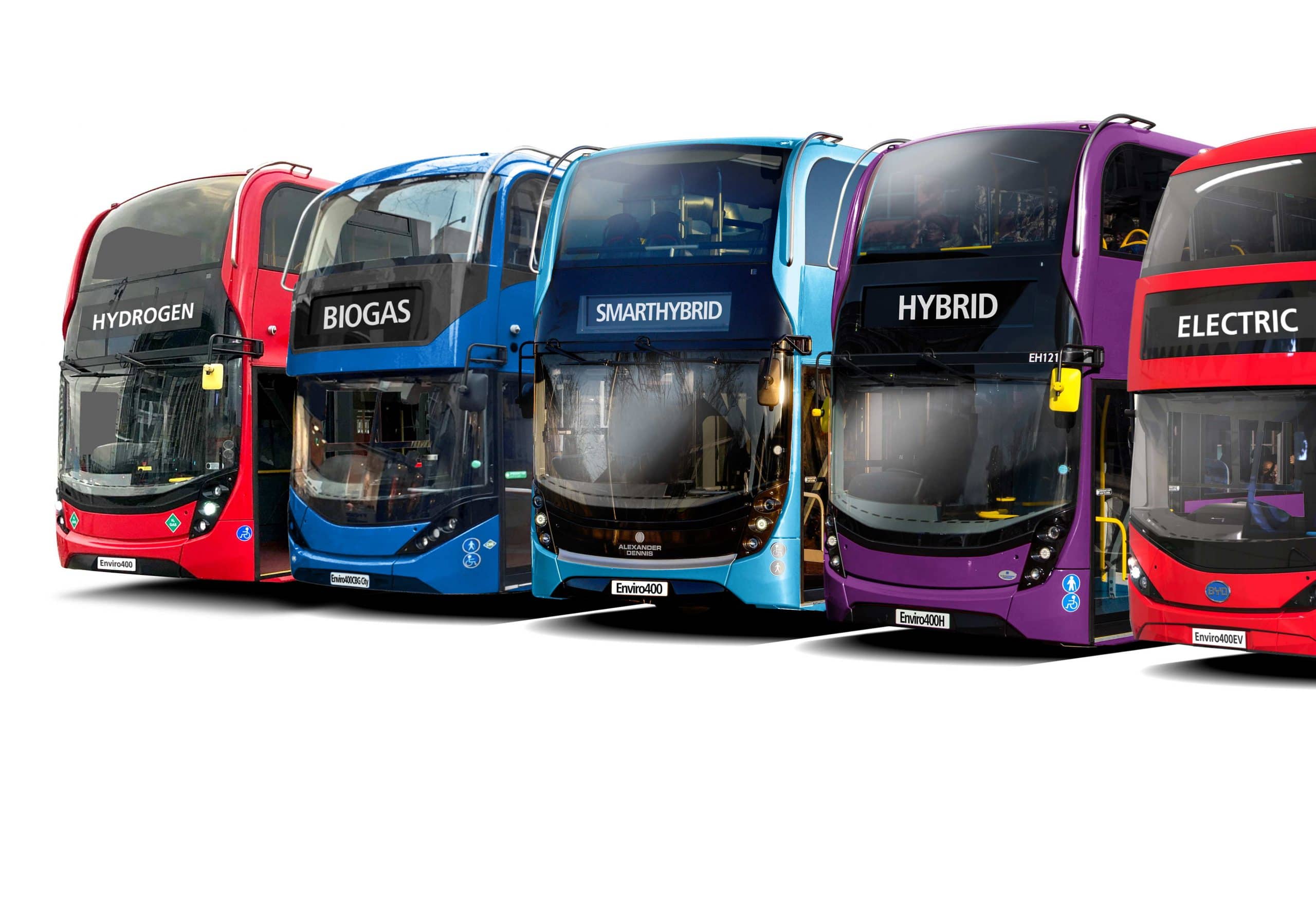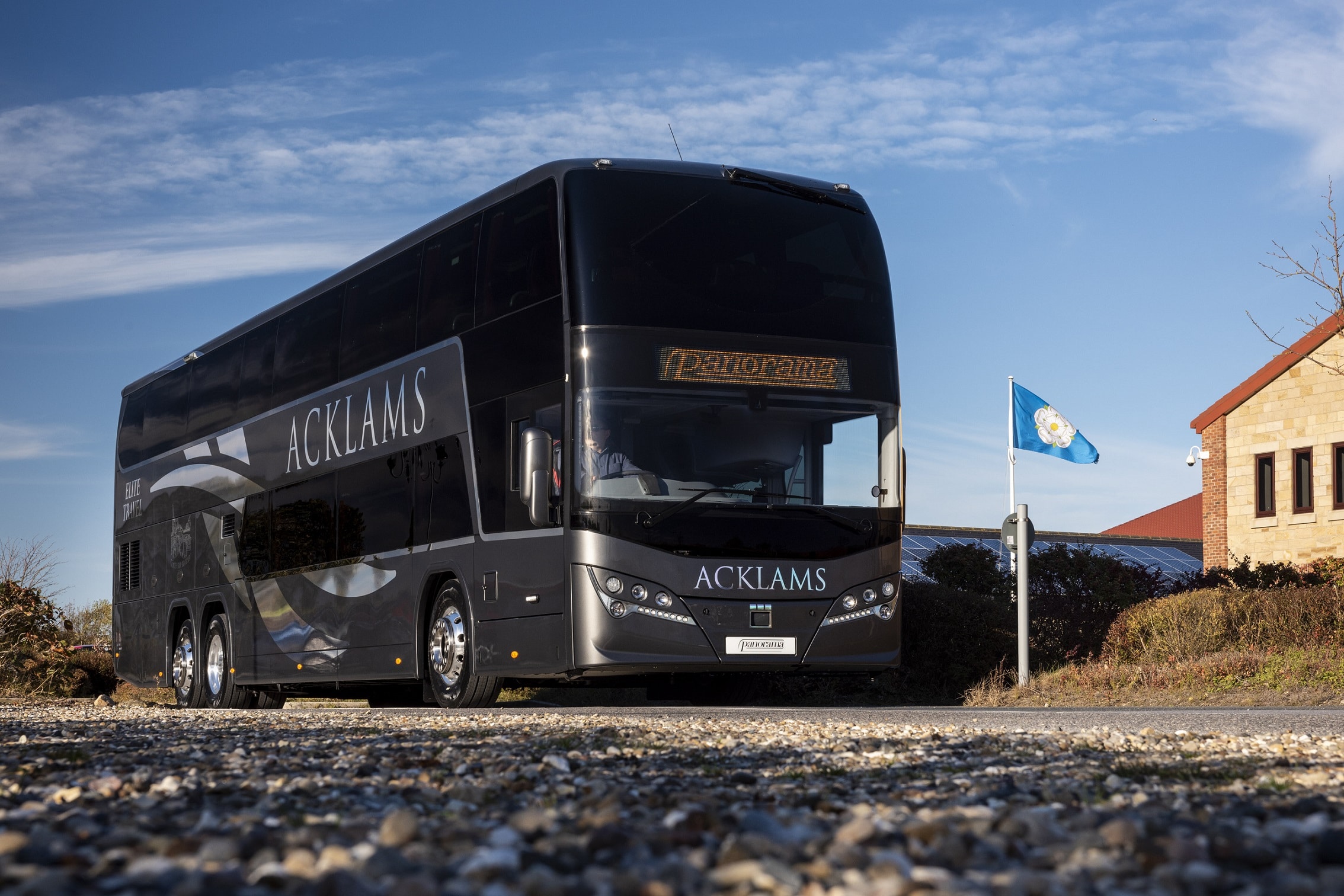When the Brexit transitional period came to an end on 31 December 2020 the right of access to the European Union (EU) previously enjoyed by UK coach and bus operators was removed.
However, from January this year the UK became a member in its own right of the Interbus Agreement, which allows limited access to a number of countries, as Croner-i explains.
What does the Interbus Agreement allow?
The agreement allows the international occasional carriage of passengers by coach and bus, such as one-off tourist trips. Eligible occasional coach and bus services are exempt from authorisation and from any vehicle taxes or special taxes on transport operations levied by the contracting parties. The agreement does not yet allow regular (scheduled) or special regular services.
What about regular services?
A regular service follows a timetable and picks up and drops passengers at fixed points on a specified route. A Protocol to the Interbus Agreement regarding international regular and special regular services by coach and bus operators has been negotiated and the UK is expected to ratify it as soon as possible. As this will take some time, however, the EU Regulation establishes a temporary set of measures which will run until 30 June 2021 or until the Protocol is agreed, whichever is the sooner.
Which countries does the Agreement cover?
The agreement covers all EU Member States, Albania, Andorra, Bosnia and Herzegovina, Montenegro, Moldova, North Macedonia, Turkey and Ukraine. The UK also has its own agreements with a number of countries – Belarus, Georgia, Kazakhstan, Liechtenstein, Norway, Russia, Serbia and Switzerland – that do not depend on Interbus.
However, an extra (free) permit is needed to pick up passengers in Belarus or Russia. This can be obtained by emailing the Driver and Vehicle Standards Agency (DVSA) International Road Haulage Permits Office at irhp@dvsa.gov.uk. Certain information will be required including the public service vehicle (PSV) Operator Licence number, the make of bus and its vehicle number plate.
Do any other EU laws continue to apply?
UK drivers must follow AETR rules on drivers’ hours and the use of tachographs, which are the same as those of the EU and which underpin the Interbus Agreement. Directives and Regulations on working time, and on drivers’ initial qualification and periodic training are set out in UK legislation and also have not changed.
What about Northern Ireland?
Services operating between Northern Ireland and the Republic of Ireland can continue with no changes. Operators will be able to transport passengers between two locations within the Republic as part of a service between Northern Ireland and its EU Member State neighbour.
Is cabotage allowed?
Interbus does not permit cabotage, which is the operation between two places within an EU country by an operator from a non-EU country. For example, when the Protocol for regular services is adopted, it will not allow a UK operator to run an international service from London that picks up and drops off a passenger within the territory of another Interbus contracting party. The exception, as described above, is on the island of Ireland.
What paperwork is required?
To run an occasional service, operators must buy either:
- an Interbus Waybill for services in EU and other Interbus countries; or
- a Journey Form for services on the island of Ireland, and services to non-Interbus countries with which the UK has agreements.
The documents, which can be bought from the Confederation of Passenger Transport (CPT) and are usually delivered about one week after ordering, must be carried in the vehicle during the international journey. The CPT contact number (weekdays only) is 020 7240 3131. Both the Waybill and the Form are available in books of 25 at a cost of £19.20.
What else do drivers need?
Regardless of what kind of international service operators are running, drivers will need to carry a certified true copy of their Operators’ Licence on board at all times. They will also need: relevant permits, vehicle registration documents; vehicle and trailer insurance documents; GB stickers. They must also be eligible to drive abroad.
Drivers will still need Driver Certificate of Professional Competence (Driver CPC) to drive professionally in the UK and the EU and they must still complete their Driver CPC periodic training by their deadline.
In-depth guidance on operating internationally is available as part of a subscription to Transport-inform, available at a discount to routeone members.



























